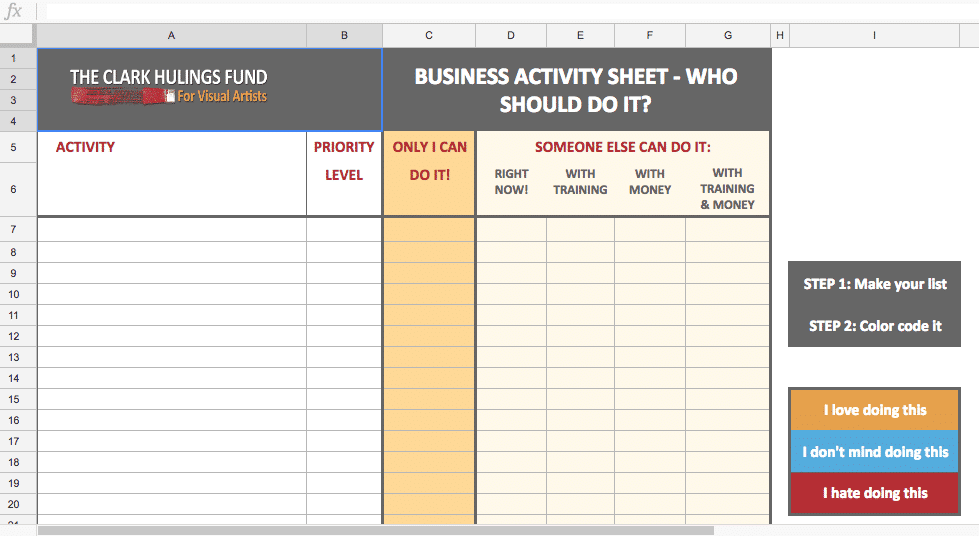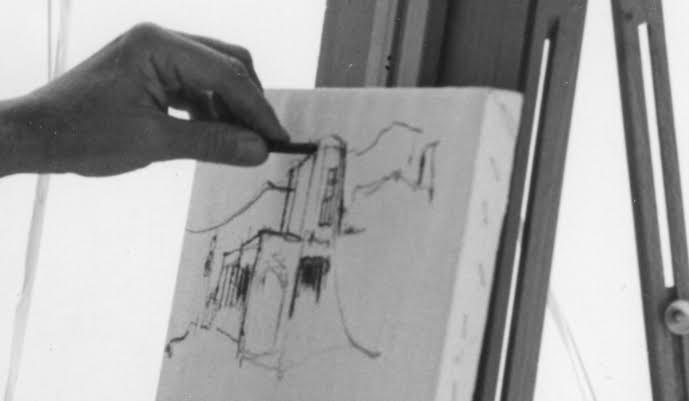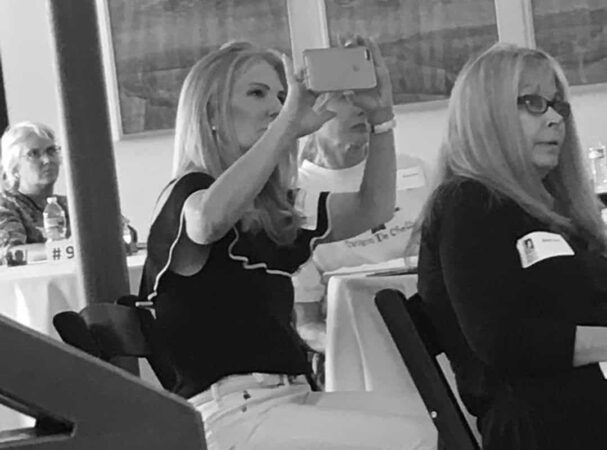Before you started your business, you only needed to be good at creating art. But as soon as you decide to take the next step and earn a living from your passion, you are faced with a variety of unfamiliar skills that you have to learn, and tasks you have to execute. So the question then becomes: How do you turn a profit without turning away from your passion?

Make Your Business Your Passion
The most straightforward way to accomplish this is to extend your passion to your business. See your business as the next step in the progression of your art. An entrepreneur is someone who uses business as his or her art form. Ask yourself how your sales process, billing procedures, and expense management relate to your art. Are you doing these things in a way that reflects your creative self?
For example, ask yourself what your invoices look like. You don’t have to resort to a tired old Word template. There’s no standard or regulation, so why not design your own invoice in a way that reflects your artistic style? Along the same lines, what does your working space look like—not the place where you create art necessarily, but the spot where you take care of administrative tasks? Is it full of items or images that inspire you or reflect who you are? Are your business cards unique, different, and just you?
By seeing your business as an extension of your creative output, every business decision you make becomes a brushstroke in the grander painting of your career and a conduit to furthering the impact of your artwork.
Simplify with Software
This isn’t to say, however, that every part of building a business is going to feel worthwhile. Those tasks that lie outside your areas of expertise can often be overwhelming. But the good news is that you don’t have to tackle them alone. Others have gone before you and developed tools to help simplify the process.
Explore the many options that are available to freelancers, such as tools for billing clients, handling 1099 forms, and managing expenses. There are lots of free resources, including guides and even free software, that can make these processes easier. Google My Business is a great starting place for establishing an online presence, and books like The $100 Startup will give you practical examples of how to get a business off the ground with virtually no investment. You can even take free online business courses, such as those available from CHF.
On the software side, my company, ZipBooks, has a free plan that’s great for invoicing and expense management, and be sure to look into Square for accepting credit cards and HubSpot’s free CRM for managing customer relationships.
Invest some time on the front end to determine what kinds of software will best fit your needs. Used correctly, these tools will save you time in the long run, allowing you to focus less on your paperwork and more on your art.
Delegate the Dull
As you grow your business and start deploying helpful tools, you may still feel that some menial tasks are impeding your creativity. If so, find someone else to do them. While you may not be able to hire full-time employees right away, once you’ve started generating enough capital and are ready to expedite your business, you can delegate the more odious tasks to others.
In the interim, you can also search for interns through local universities, or hire part-time assistants via platforms like Upwork, and have them handle the portions of your job that you find unfulfilling. This allows you to concentrate on the parts of your business that only YOU can do.
Keep Your Vision in Mind
Every piece of art begins with a vision, and that vision guides you throughout the creative process. Think of your business as a piece of art. Begin with what you want to accomplish as a businessperson and an artist, and keep those goals in mind every step of the way. When you’d rather be working in the studio than schmoozing a potential client, think about why you’re talking to that person and what you’ve set out to do.
Remember that you started on this journey because you had a passion and a talent that you wanted to share with the world. There are times when your passion may begin to feel like work, but building your business is what will allow you to develop that passion even further. When you align the goals of your art with the goals of your business, you increase your chances of success in both realms.






